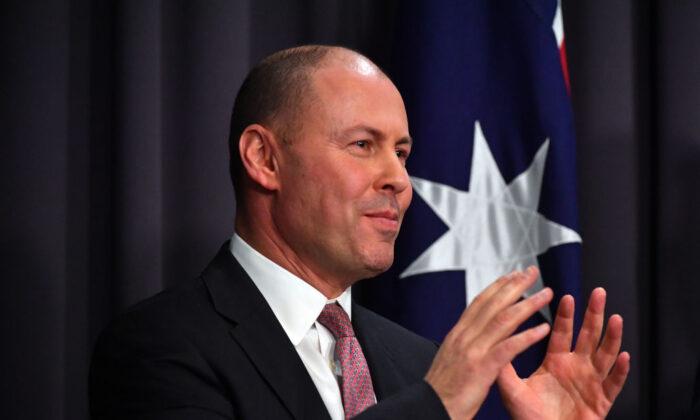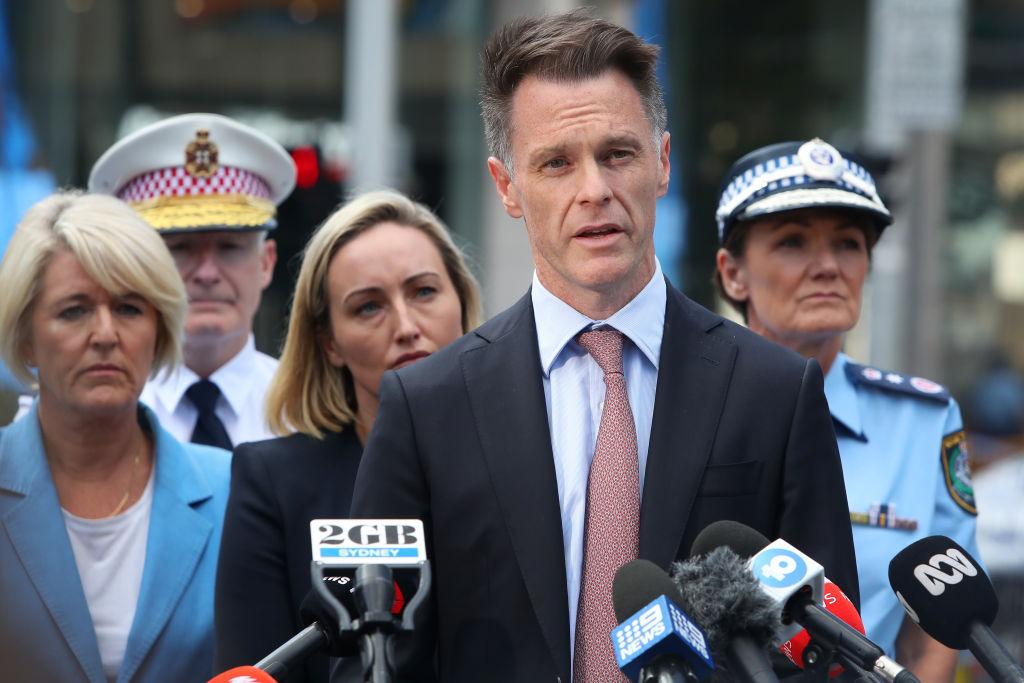A surge in Omicron cases across the country will not hinder Australia’s economic recovery following last year’s COVID-19 restrictions, Australia’s federal treasurer said.
It comes as new data released by the Australian Taxation Office revealed around half a million jobs had been created across the nation since September.
Josh Frydenberg said Australia had experienced a jobs boom in recent months, with small businesses around the country who did it tough early on “getting back on their feet.”
“We’ve seen more workers in hospitality, we’ve seen workers come back into construction. We know our mining sector and agriculture sector are looking for more workers... and in agriculture sectors, we are trying to bring in more workers as well.”
Further, the tax office’s figures showed that the unemployment rate came down to around a 13-year low of 4.6 percent. Meanwhile, job advertisements are at a 13-year high, with more than 250,000 positions available.
The data, which takes in the period following the removal of lockdowns driven by the Delta variant in NSW, Victoria and the ACT, estimated there are 180,000 more people in work now compared to the beginning of the pandemic.
However, Frydenberg believed the nation was not “out of this pandemic yet” and that “there is no room for complacency.”
“We have to lock in the recovery, and that’s what we’re focusing on with our investment in skills and infrastructure and providing more tax relief,” he said.
“But we do expect the positive momentum in the economy to be maintained through the summer, underpinned by the opening up of the economy,” he added.
Meanwhile, opposition leader Anthony Albanese stated that the recovery in jobs figures was only the result of the economic shutdown due to government incompetence in containing the virus.
Albanese believed the new data did not show the full picture regarding employment.
“One of the things we see with the jobs figures is the fact that two million Australians are either unemployed or want more hours,” he told reporters in Newcastle.
“They want full-time, permanent jobs, and one of the things we’re seeing in Australia with the insecure work is more casual jobs, less permanent jobs and less security for people.”
Frydenberg also noted the government would adopt a “balanced, considered approach” to migration after economists called for a more aggressive approach to migration to help fill job vacancies following the pandemic.
“We did see throughout the pandemic last year and the year before that, population growth (was at)… the lowest level in more than a century,” the treasurer said.
“This is going to be one of the more permanent impacts of COVID-19 on migration.”
Skilled workers, visa holders and international students have been able to return to Australia without the need for a travel exemption since mid-December.
The country’s infection case numbers have surged following the easing of the lockdowns due to the spread of the Omicron variant, despite 77 percent of the population having been fully vaccinated.





Friends Read Free